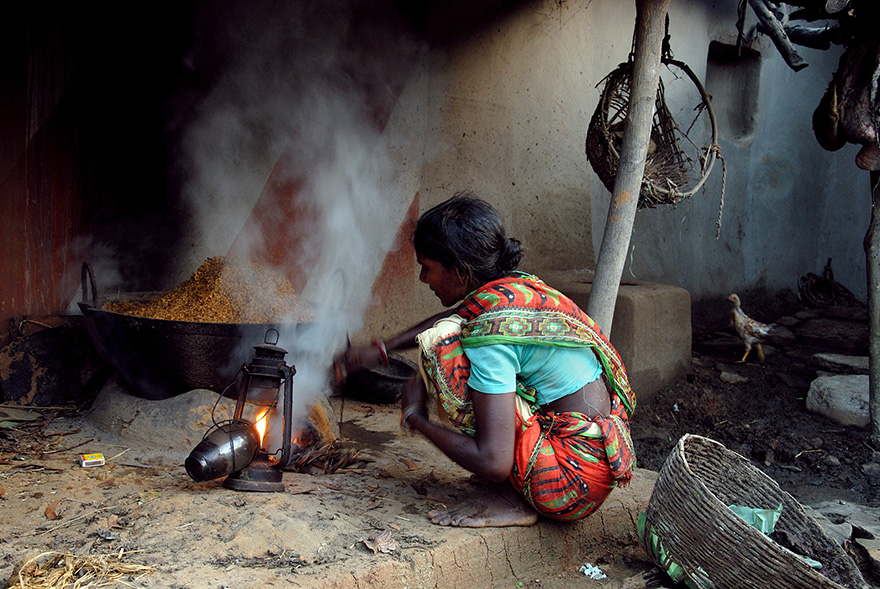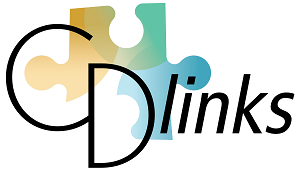Multi-disciplinary dialogue on poverty and inequality in climate modeling
27 May 2016
Leading experts from various disciplines, including development economics and policy, climate modeling, food, water and energy, gathered in Venice, Italy on 17-18 May 2016 to discuss poverty and inequality as part of a workshop which aimed at discussing effective and feasible ways of improving the representation of poverty and inequality in climate change modelling. Reducing poverty and inequality are two of the global Sustainable Development Goals (SDGs), and underpin many of the other SDGs.
The expert workshop on modeling poverty and inequality was organized within the framework of the CD-LINKS project and hosted by one of the consortium members, The Euro-Mediterranean Center on Climate Change (CMCC). IIASA’s Energy Program is leading the project’s consortium.
CD-LINKS aims at creating national and global transformation pathways that show how reducing greenhouse gas emissions in the future could occur in conjunction with sustainable development objectives. The CD-LINKS consortium hosts the world’s leading modelers who create these pathways through Integrated Assessment Models (IAMs).
The IAM community informs climate change policy, and its main results are reviewed in the reports by the Intergovernmental Panel on Climate Change (IPCC), forming the scientific basis of international climate negotiations.
Poverty and inequality have been recognized as key outcomes of interesting in assessing climate change damages and the socio-economic impacts of climate change mitigation policies. Both outcomes and their evolution have been neglected in integrated assessment models. This is due to several factors, ranging from the difficulty in disentangling drivers of inequality, which makes projections difficult, up to the fact that inequality has been a marginalized topic in recent decades even in the field of economics.
Bringing together experts from various different fields is an important first step in integrating poverty an inequality research in IAMs. The experts, who represented academia, NGOs and development organizations, presented an overview on research related to poverty and inequality, and how they are interpreted and modeled in different disciplines, such as macroeconomics and development policy. The workshop provided a platform for starting a dialogue between these different disciplines. This newly established network of experts will be maintained and facilitated by the CD-LINKS project.
For more information, see agenda and list of participants.
 © Samrat35 | Dreamstime.com
© Samrat35 | Dreamstime.com
